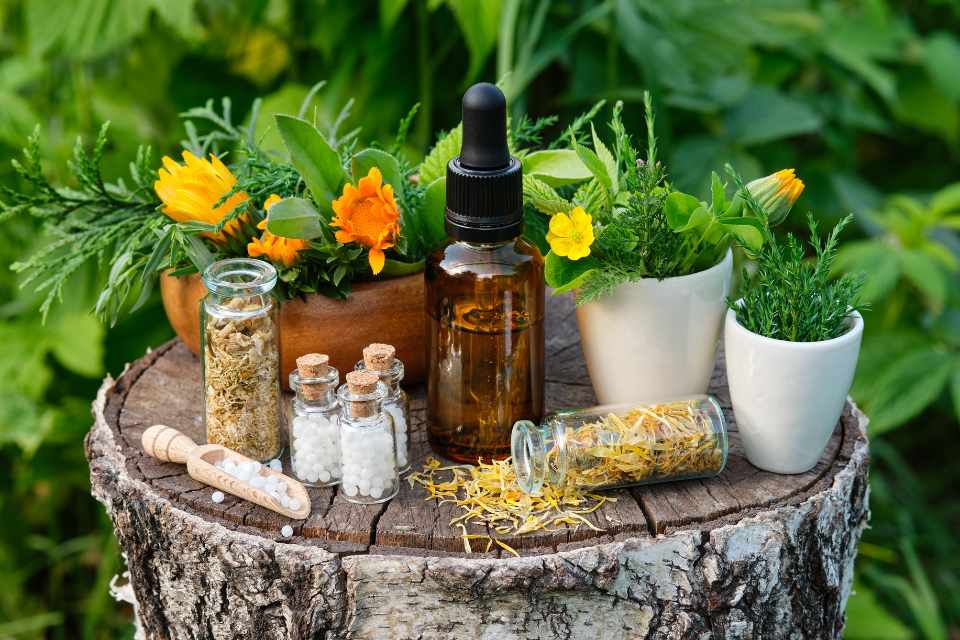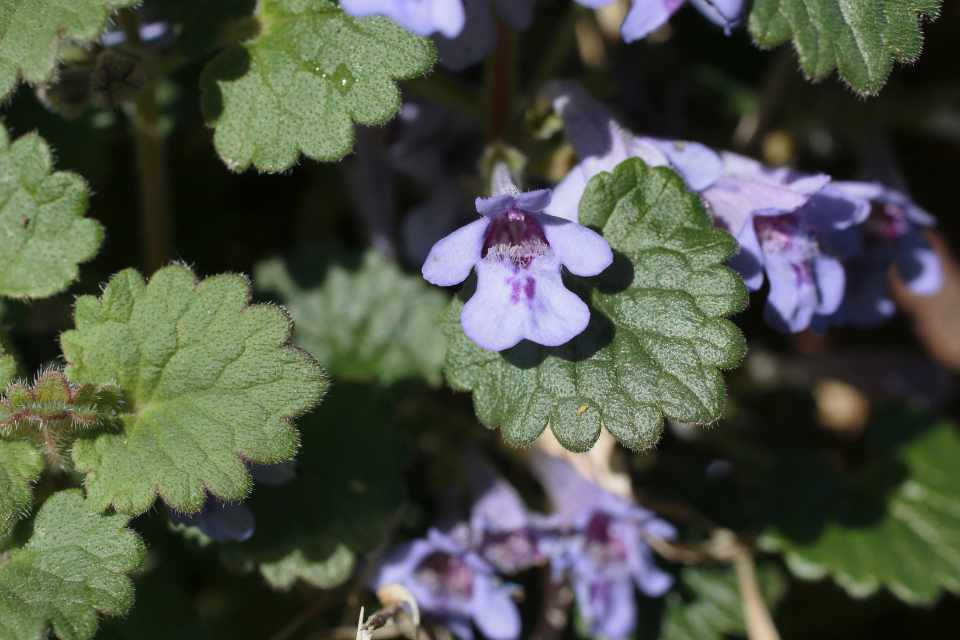Psoriasis is the chronic skin condition that causes red and crusty patches of skin with silvery scales. These often occur on the elbows or knees but can appear anywhere on the body. This recent systematic review in the American Journal of Clinical Dermatology discusses natural treatments for psoriasis. Here, I summarise the findings for some of the remedies in the review.
Aloe vera
Aloe vera gel is often used for inflammatory skin conditions, including psoriasis. It has superb wound healing and anti-inflammatory properties.
I have written previously about Aloe vera here and here.
Avocado oil
A combination product of avocado oil with vitamin B12 showed similar symptomatic improvement to calcipotriol for psoriasis after 12 weeks. Skin levels of vitamin B12 is lower than normal in psoriatic skin, and even in apparently healthy skin of psoriasis patients. Participants said the avocado oil and B12 combination was more tolerable than the calcipotriol treatment. Though some people did report some local itching from the B12 avocado ointment.
Cayenne pepper
Capsaicin is a constituent of cayenne pepper with medicinal properties. It is often used for management of pain as it depletes substance P, a molecule that activates inflammatory cells. The review discusses the use of a capsaicin containing cream, used for six weeks. The capsaicin cream improved psoriasis symptoms in two-thirds of the participants in a study. While a further study found capsaicin reduced itching, burning and redness.
Turmeric
Curcumin, is a constituent of turmeric that gives the spice its golden yellow colour. Turmeric has many medicinal uses, due to anti-inflammatory and antioxidant properties. With a long history of use for chronic skin conditions in traditional medicine. In this review, researchers discuss the effect that curcumin has on T-cell mediated inflammation and its inhibition of transcription factor nuclear factor kappa B, a protein involved in inflammation. Curcumin provided significant improvement in psoriasis symptoms, whilst some users reported some dryness, burning or irritation using the remedy.
Honey
Honey is an ancient medicine used for a variety of conditions, including skin problems. With particular use for wounds, eczema and psoriasis, reducing inflammation and scar formation. Honey promotes healing and inhibits the growth of bacteria and funghi. The review describes a study in which over half of participants with moderate to severe psoriasis using a honey, olive oil and beeswax product had a significant response in three weeks and significant overall improvement after six weeks.
St. John’s wort
The herbal remedy St. John’s wort contains several medicinal compounds. Hyperforin has wound healing, anti-inflammatory and anti-bacterial properties. Whilst hypericin is able to modify the actions of the inflammatory response. Modifying the immune system through inhibition of tumour necrosis factor alpha, a signalling molecule that is involved in systemic inflammation.
The review describes the trial of a 5% St. John’s wort ointment for mild psoriasis. After four weeks of use, the St. John’s wort ointment provided a significant reduction in redness, scaling and plaque thickness. There were no adverse affects reported.
Oregon grape
The root of the Oregon grape plant has a long history of use for inflammatory skin conditions, such as psoriasis. The bright yellow compound berberine is found in the root and wood of the plant, as well as several other medicinal plants.
Of all the natural and herbal remedies discussed in the review Oregon grape has the most clinical trials to support its use. In one such trial 84% of patients rated the remedy as good to excellent for relieving psoriasis symptoms. However, one person in the trial did suffer an allergic reaction to the Oregon grape cream.
Thus natural topical treatments can be successful in reducing symptoms of psoriasis. Indeed some of the remedies I list above provided significant symptomatic improvement. Yet, since psoriasis has an autoimmune element, in common with other autoimmune conditions it is essential to address the underlying factors causing the condition to reap lasting improvement.
If you would like help with finding and addressing the underlying factors of your psoriasis, or other autoimmune condition please contact me using the contact form or make an appointment via link at the top of the page.
You might also like to read:
Rosacea and the gut-skin connection








0 Comments